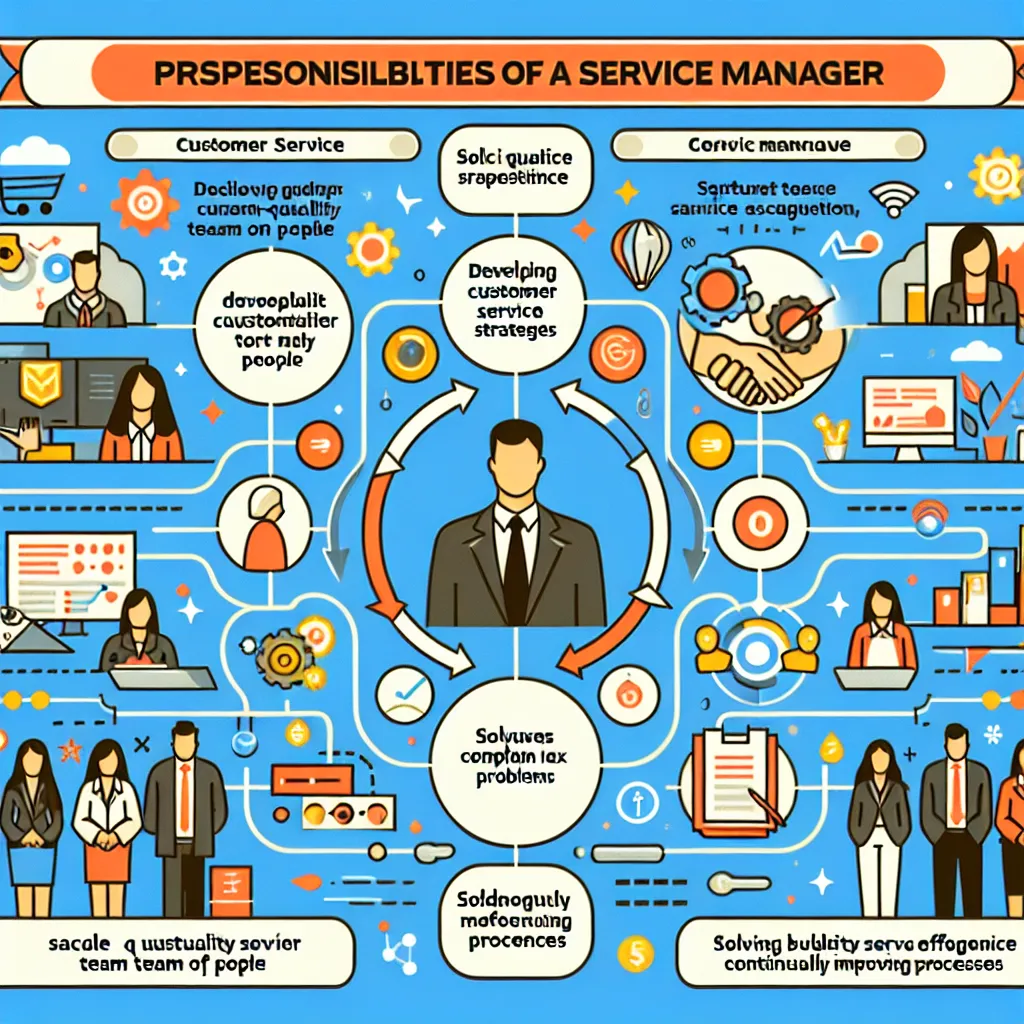When preparing for a job interview, one of the most challenging questions you might face is “What is your biggest weakness?” This question can catch many candidates off guard, but with the right approach, you can turn it into an opportunity to showcase your self-awareness and growth mindset. In this article, we’ll explore effective strategies to answer this tricky question and make a positive impression on your potential employer.
Understanding the Purpose of the Question
Before we dive into how to answer, it’s crucial to understand why interviewers ask about your biggest weakness. This question serves several purposes:
- To assess your self-awareness
- To evaluate your honesty and ability to self-reflect
- To gauge your willingness to improve and grow
- To see how you handle challenging situations
Knowing these reasons will help you craft a more thoughtful and effective response.
 Candidate discussing weakness in interview
Candidate discussing weakness in interview
Strategies for Answering the Weakness Question
1. Choose a Genuine Weakness
When selecting a weakness to discuss, it’s essential to be honest. Choose a real weakness that you’ve identified in yourself, but make sure it’s not a critical flaw for the job you’re applying for. For example:
- If you’re applying for a position that requires frequent public speaking, avoid mentioning that you’re terrified of speaking in front of groups.
- Instead, you might mention that you sometimes struggle with time management but are actively working on improving this skill.
2. Demonstrate Self-Awareness and Proactivity
After identifying your weakness, explain how you’ve recognized it and the steps you’re taking to improve. This approach shows that you’re self-aware and proactive about personal development. For instance:
“I’ve noticed that I tend to get caught up in the details of a project, which can sometimes impact my overall productivity. To address this, I’ve started using project management tools to help me prioritize tasks and maintain a better balance between attention to detail and overall progress.”
3. Focus on Improvement
Emphasize the actions you’re taking to overcome your weakness. This could include:
- Taking courses or workshops
- Seeking mentorship
- Implementing new strategies or tools
- Setting personal goals and tracking progress
By focusing on improvement, you demonstrate a growth mindset and a commitment to professional development.
4. Provide a Specific Example
To make your answer more compelling, offer a brief example of how you’ve worked on overcoming your weakness in a professional setting. This adds credibility to your response and shows that you’re actively addressing the issue.
“In my previous role, I realized that my tendency to overanalyze was slowing down decision-making processes. I started setting strict deadlines for myself and using the ’80/20 rule’ to focus on the most impactful aspects of each decision. As a result, I was able to increase my decision-making efficiency by 30% while maintaining the quality of my work.”
5. Keep It Concise and Positive
While it’s important to be thorough, avoid rambling or dwelling too much on your weakness. Keep your answer concise and end on a positive note by highlighting your progress or the skills you’ve gained through addressing your weakness.
Common Mistakes to Avoid
When answering the weakness question, be careful to avoid these common pitfalls:
- Giving a cliché answer like “I’m a perfectionist” or “I work too hard”
- Choosing a weakness that’s actually a strength in disguise
- Mentioning a weakness that’s crucial to the job you’re applying for
- Claiming you don’t have any weaknesses
- Oversharing or providing too much personal information
Sample Answers to “What Is Your Biggest Weakness?”
Here are some examples of effective responses to the weakness question:
-
“My biggest weakness is that I sometimes struggle with public speaking. To address this, I’ve joined a local Toastmasters club and have been practicing giving presentations to small groups. I’ve already noticed an improvement in my confidence and delivery skills.”
-
“I tend to be quite self-critical, which can sometimes lead to unnecessary stress. To manage this, I’ve started practicing mindfulness techniques and setting more realistic expectations for myself. This has helped me maintain a more balanced perspective on my work and achievements.”
-
“In the past, I’ve found it challenging to delegate tasks effectively. I realized this was limiting my team’s potential, so I’ve been working on trusting my colleagues more and providing clearer instructions when assigning work. This has not only improved our team’s productivity but has also allowed me to focus on higher-level strategic tasks.”
 Person working on self-improvement
Person working on self-improvement
Follow-Up Questions and How to Answer Them
Interviewers may ask follow-up questions to delve deeper into your response. Here are some potential follow-ups and how to address them:
-
“How has this weakness affected your work in the past?”
- Be honest about the impact, but focus on the lessons learned and improvements made.
-
“What specific steps have you taken to improve in this area?”
- Provide concrete examples of actions you’ve taken, such as courses, mentorship, or new strategies implemented.
-
“How do you plan to continue working on this weakness?”
- Discuss your ongoing commitment to improvement and any future plans you have to address the weakness.
-
“Can you give an example of a time when you successfully overcame this weakness?”
- Share a specific instance where you demonstrated progress in addressing your weakness.
-
“How do you ensure this weakness doesn’t affect your performance in this role?”
- Explain the strategies you use to mitigate the impact of your weakness on your work.
Conclusion
Answering the “What is your biggest weakness?” question effectively requires honesty, self-awareness, and a focus on personal growth. By following the strategies outlined in this article, you can turn this challenging question into an opportunity to showcase your maturity and commitment to professional development.
Remember, the key is to be genuine, demonstrate self-awareness, and focus on the steps you’re taking to improve. With practice and preparation, you can confidently address this question and leave a positive impression on your interviewer.
For more tips on acing your job interview, check out our articles on how to answer tough interview questions and common English interview questions.




